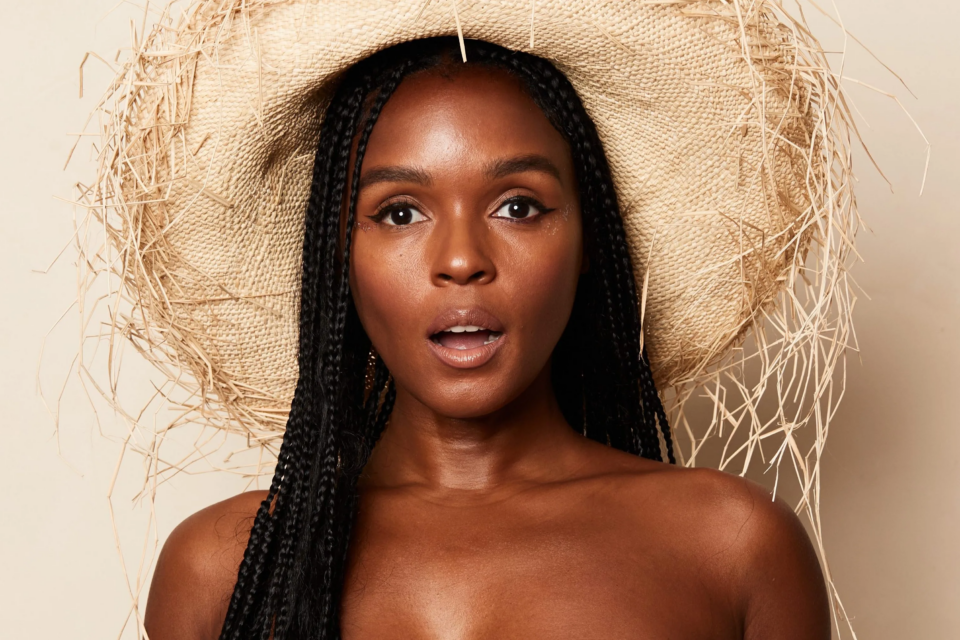Some artists make a concept album. Janelle Monáe thinks bigger than that. Every single album that she releases is a continuation of a story that she created on her first demo album in 2003. An album that she self-released out of the boarding house in Atlanta. Less than 500 copies of the album exist and you cannot find it on Spotify.
The album was called, The Audition.
It was an Afrofuturist concept album who’s main character was Cindi Mayweather, an android living in the fictional city of Metropolis in the upcoming 28th century.
The Audition worked and Monae was signed to Bad Boy records, Sean Combs record label.
In the 20 years since, she has been on the cutting edge of pop, R&B and hip-hop and has always fleshed out her version of Afrofuturism. In addition, she has become an actress, staring in movies like Glass Onion: a Knives Out Mystery and Hidden Figures, which have raised the awareness of her music, and in turn the stakes of this album as she is now becoming a household name.
But amazingly, though so much of her career has changed, she is continuing the narrative started in The Audition and album almost none of her audience has had a chance to hear. The song “Metropolis” written in 2003, starts the journey of Cindy Mayweather, a droid in the future who is forbidden to love, but imagines different world, a “Paradise Found.”
Looking, searching for a place called Paradise Found
Janelle Monáe, “Metropolis”
Where there is no tying my heart
Her new album, The Age of Pleasure, connects that dot from 20 years ago. The Age of Pleasure is that “paradise found,” where she can, and does, love quite freely. “We’re in the Age of Pleasure baby, the Age of Pleasure,” Monáe reinstates to me over Zoom. On her last album, Dirty Computer, Monáe’s alter-ego Jane 57821 led a group of Black femme dissidents who broke free from The New Order, the totalitarian group of oppressors, and now they are living and loving in the Age of Pleasure. Monáe says that it is not the end of the story, though: “The story is still unfolding. You guys are watching the revolution. Certainly Cindi Mayweather is still protecting us and letting us be our free-ass selves.”
The “paradise found” in The Age of Pleasure is an island of Black beauty, somewhere in the humid Caribbean, where it’s always golden hour, fresh fruit is being served in abundance to a beautiful group of people who do not make a distinction between friends and lovers. This album is playing. You are there.
Monáe had an interesting strategy to get the vibe just right: “A lot of the songs I played at parties with no one knowing that it was me,” she confides, “because I wanted to curate songs for a lifestyle.” There are several interludes on the album that aren’t even really songs at all, but instead pure vibe, including “The French 75,” which is literally a recording of the song being played at a party, chatter from partygoers included.
“I had so much fun writing this music. I wrote this music with friends so I had a really safe space to sort of explore and relax into who I am.” Monáe continues, “This is a movement. It’s not just about myself, but a lot of folks are radically being confident about who they are and finding their joy, discovering themselves, and creating safe spaces with them and the people they love because there is no pleasure without safety. This is a result of me feeling safe and exploring all of me.”
The “paradise found” on this album is also a pan-African utopia. To set that, she went to Africa’s greatest musical family, the Kutis. Fela Kuti invented afrobeat, which has gone on to be the most popular genre across the continent. He’s probably the most famous African musician of all time and has inspired American musicians like Talking Heads, LCD Soundsystem, and, yes, Janelle Monáe. “He’s been a part of my musical DNA since The ArchAndroid, if you listen to ‘Dance or Die,’ from that project.”
I asked Monáe what afrobeat means to her. “Being Black — also being a big fan of Fela — it means everything.”
Though Fela is no longer with us, his son Seun is. And he kicks off the album playing horns on the song “Float.” Monáe said, “Seun is just a phenomenal horn player, and a friend and someone who just made sense.” Because this is more than a Janelle Monáe album, “It’s a love letter to the diaspora. This is a love letter to pan-Africanism. This is for all of us.”
The look at Black musical legacy does not stop at the Kuti family. There is also a feature from gender fluid icon Grace Jones. And a nod to The Flamingos’ 1959 classic, “I Only Have Eyes For You.” The artist elaborated, “I guess artistically when you are in the studio you go with your feeling. And I just felt like, ‘Why didn’t anybody else do this yet?’ Y’all were waiting on me to do it. Let’s do it.”
Connecting a musical narrative set 20 years ago, The Age of Pleasure is not just a name, it’s a vibe, a lifestyle, a movement. And you, too, can find yourself on the shores of its paradise found by just listening.

